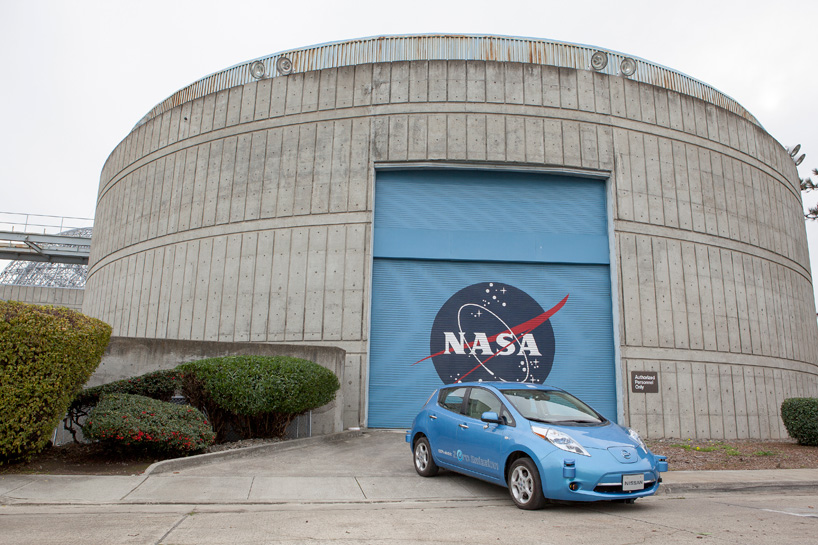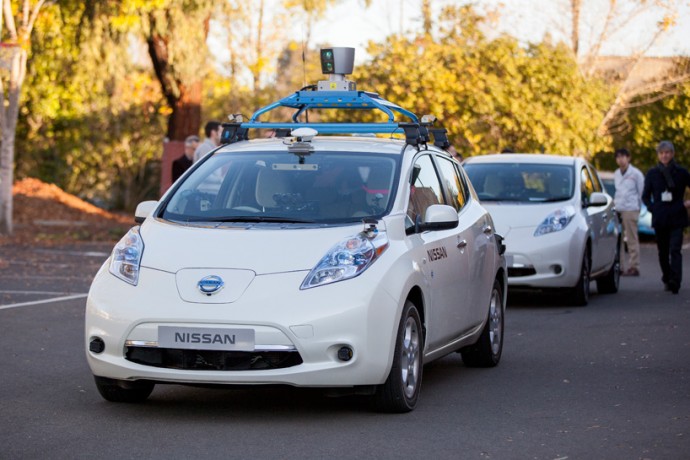NASA and Nissan Team Up to Build Pollution-Free Driverless Cars
Japanese manufacturer Nissan and space agency NASA are now joining forces to develop zero-emission self-driving vehicles. The automaker and the world’s largest space agency have agreed upon a 5 year contract and will invest and research in driverless cars of the future. The subsequent R&D effort will be implemented on commercially available cars.
Nissan believes that self driving cars can bring about a revolution in the way we commute, providing improved safety along with zero-emissions. The research is expected to be carried out at NASA’s Ames Center in Silicon Valley, where the Mars Rover software and robots on-board the international space station were developed. Meanwhile, Nissan plans to bring this technology to consumers between 2016 and 2020.
The partnership brings together the best and brightest of NASA and Nissan and validates our investments in Silicon Valley, the safety technology in the works includes cars that know through sensors they are about to collide and will brake automatically, even if the driver doesn’t do a thing. There are also cars that can park themselves. At its most sophisticated, the technology could replace human drivers altogether, though there are many hurdles to that being put into practice on roads
Nissan Chief Executive Carlos Ghosn.
However, the toughest challenge for autonomous vehicles would be navigating around congested urban environments on their own. Congested areas have numerous variables that need to be taken into consideration, like pedestrians, cyclists, construction sites and so much more. Hence, to pull off something like driverless cars isn’t a walk in a park.
We’ve already seen prominent automakers besides Nissan who are already working on this technology, while some have even developed prototypes of their autonomous vehicles including Mercedes and Audi. Even Google recently conceived its self-driving car prototype, while driverless cars was the hot topic at International CES 2015 held in Las Vegas earlier.
The future does look promising for autonomous cars with so many prominent names venturing into this concept. And now with NASA teaming up with Nissan, things are certainly headed in the right direction.



There are no comments
Add yours